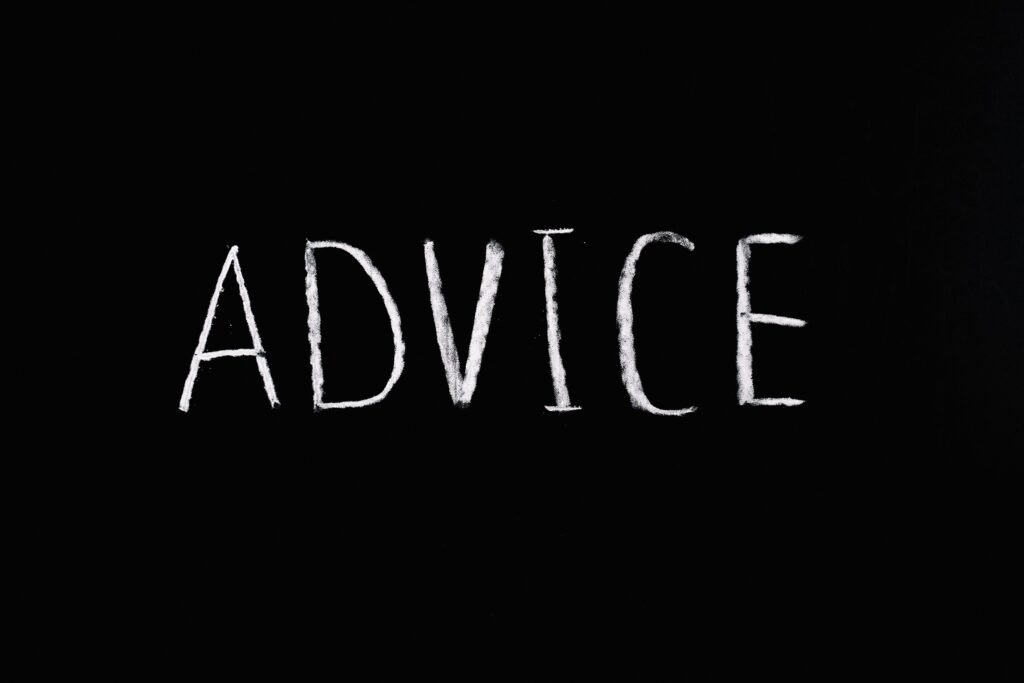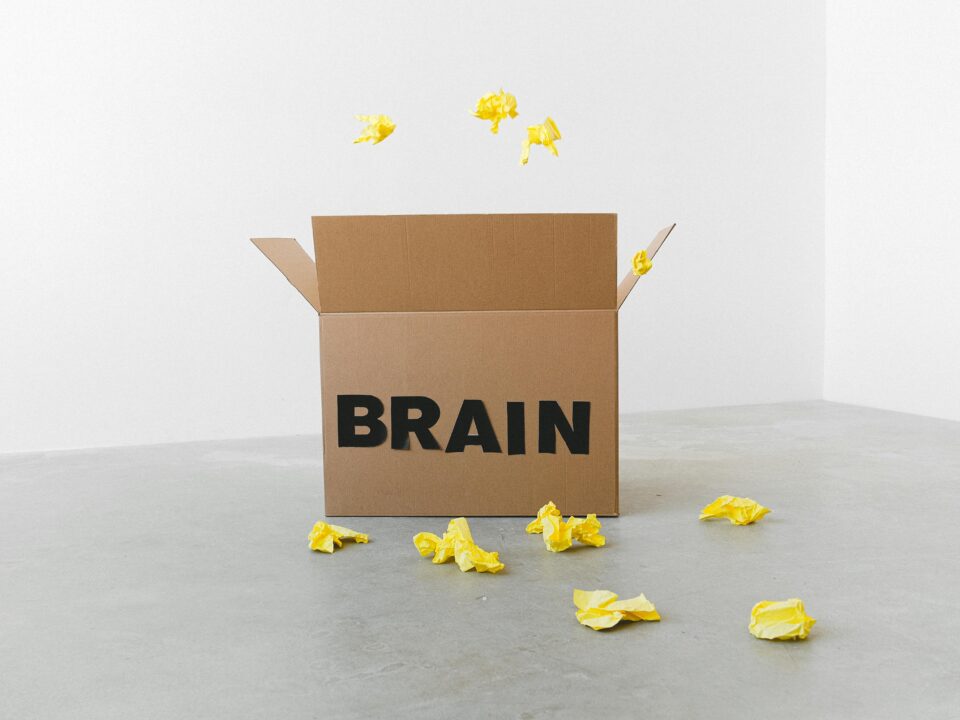How to Focus at Work with ADHD

Featured image by Tima Miroshnichenko, Pexels
People with ADHD can find it difficult to focus at work. Find out about why they can’t focus and some top tips on how people with ADHD can find it easier to focus. The tips include setting aside time to create clear plans, writing down distractions instead of acting on them, identifying and controlling their triggers, taking advantage of hyperfocus, reaching out for advice and support, taking active breaks, and building confidence and self-belief.
Why can’t I focus with ADHD?

Image by Yan Krukau, Pexels
One reason why people with ADHD find it difficult to focus is because their brains are naturally low on dopamine and norepinephrine, which control attention levels. Other people may find that when the situation calls for attention, they can “buckle down” and force their brains to focus. People with ADHD feel that focusing simply cannot be done.
A person with inattentive ADHD can especially find it hard to focus and display the following symptoms:
- Difficulty focusing at work, play or home
- Missing important details
- Frequently missing deadlines
- Having consistent disorganised work
- Avoiding tasks that take a long time or focus to complete
- Not seeming to listen during a conversation
- Having difficulty with, or forgetting to, keep appointments, pay bills, respond to e-mails, or return phone calls
- Frequently losing essential items
- Being easily distracted
Top tips for ADHD focus
Set aside time to create clear plans

Image by PNW Production, Pexels
An effective way to set aside time to create clear plans is to obtain a planner that suits your needs. The planner can be physical or digital and in a size that you feel comfortable with. Mark out times for work, appointments, mealtimes, and relevant car rides. Prioritise items that you “should” do over items you “want” to do. Create a to-do list and then choose no more than 3 to 5 high-priority tasks to complete on any given day.
Write down distractions instead of acting on them

Image by Negative Space, Pexels
You can write down the things that are distracting you on a sticky note or in a notebook and save them for later. This way, you can put them aside until you are done working without worrying that you will forget. If you think your phone’s notifications will distract you while you work, you can put your phone on airplane mode. You can also write down why a current task is meaningful to you, such as if it gives you a sense of relief or accomplishment.
Identify and control triggers

Image by cottonbro studio, Pexels
Triggers that can affect ADHD symptoms include stress, poor sleep, certain foods, and additives, overstimulation, and technology.
Evaluate yourself during periods of stress, such as when a deadline is approaching, and engage in exercise or relaxing activities, such as yoga.
Getting at least 7 to 8 hours of sleep a night can help you focus better.
While foods that are high in sugar and fat or contain additives can aggravate ADHD symptoms, those that are high in protein, fatty acids, calcium, magnesium, and vitamin B are more beneficial for the symptoms.
Avoiding crowded areas can help you ensure you do not become overstimulated.
Limit screen time with the computer or the TV.
Take advantage of moments of hyperfocus

Hyperfocus is when someone’s attention is highly focused and lasts a long time. Changes in the frontal lobe, the part of the brain that controls a person’s sense of reward, can lead to hyperfocus. An adult who is hyperfocused can get caught up in work and miss an important meeting or forget to eat.
One benefit of hyperfocus is that it can be used for good. If a person has a project that needs their attention or they are interested in, they can work until it is done.
Some ways that adults can control hyperfocus include working out what things they hyperfocus on, setting alarms or timers to keep track of how long they worked for, and setting goals for a project.
Reach out for advice and support

Image by Anna Tarazevich, Pexels
The first step that working adults with ADHD should take when reaching out for advice and support is to consult their primary care doctor. They can give you suggestions on who to reach out for next.
Adults with ADHD can also ask their family, friends, or partners for support as well as their colleagues or supervisors at work. Colleagues and supervisors may be more understanding of when you ask for extra time to complete a task.
Reaching out to other people with ADHD at work can be beneficial to see how you can support each other.
Take active breaks

Image by Clem Onojeghuo, Pexels
The brains of people with ADHD use more energy than the brains of people who do not have ADHD.
People with ADHD can plan breaks into their workdays in advance. Taking a break mid-morning rather than mid-afternoon is more effective for focusing at work. People can incorporate physical activities in their breaks, such as walking. They can also have a drink or a snack. Like their work tasks, people can set alarms or timers for their breaks.
Build Confidence and Self-Belief

Adults with ADHD can have lower confidence and self-belief, or self-esteem, than adults without ADHD can. Some tips for boosting their confidence and self-belief include talking to themselves in a more positive manner, practising gratitude, working on a task for 30 minutes – 1 hour and reviewing it for 15 minutes, and coming up with a solution, such as working on being on time more often if they are prone to being late.
Further support
If you have ADHD, you can visit these links to find out about support for employers with ADHD and mentoring for neurodiverse people. If you think you have traits of ADHD, take our free ADHD test to find out if you have neurodivergent traits.




